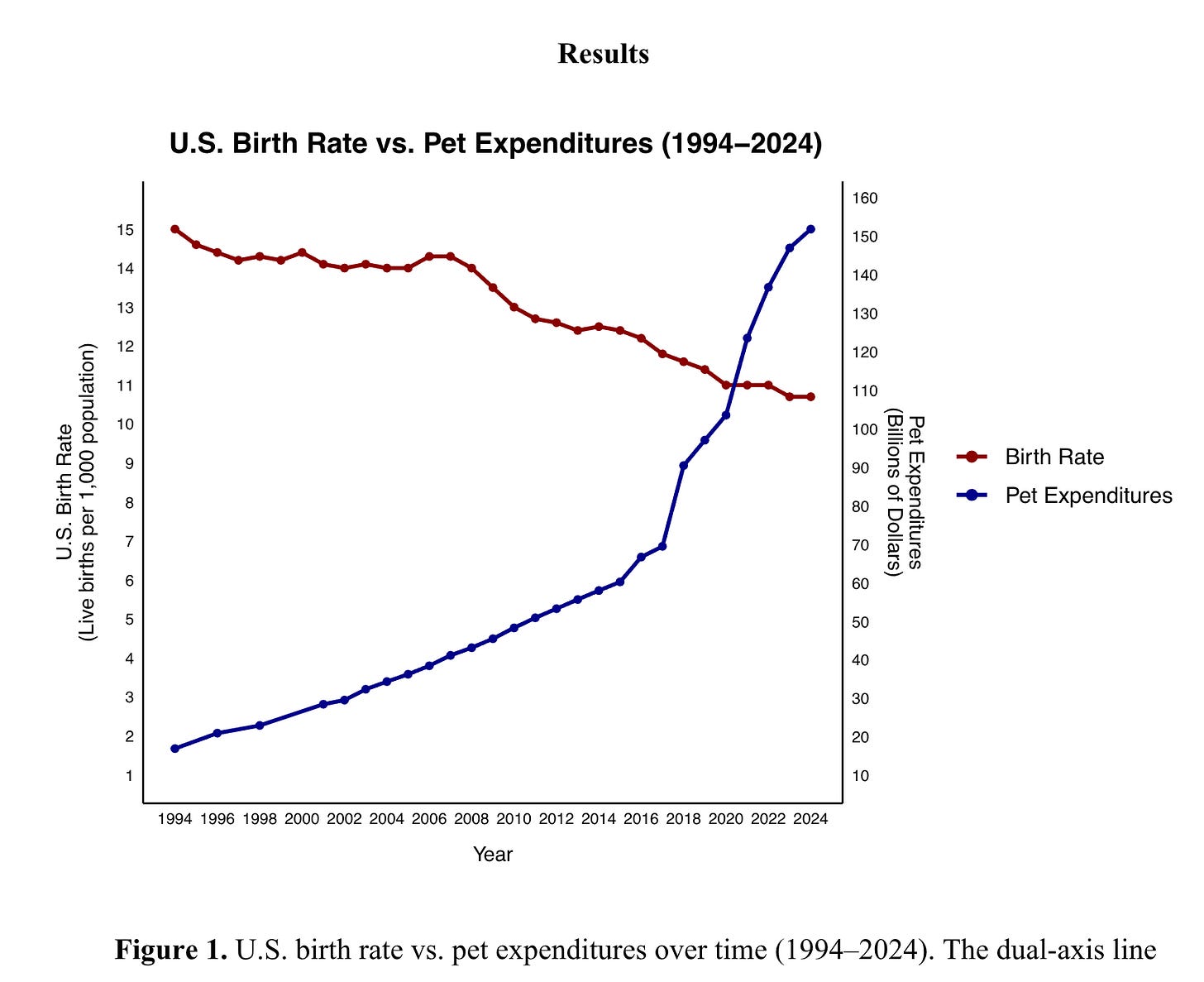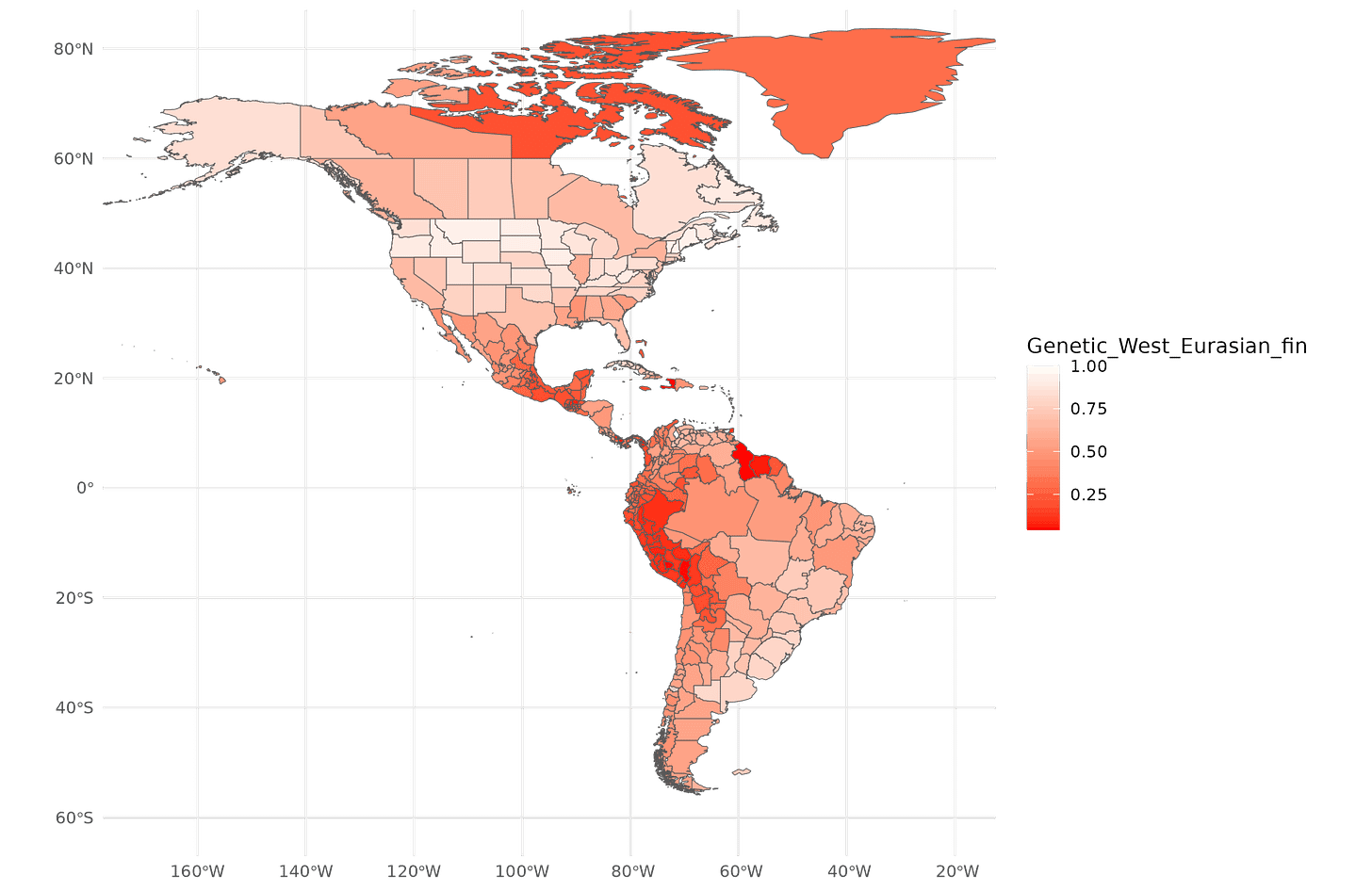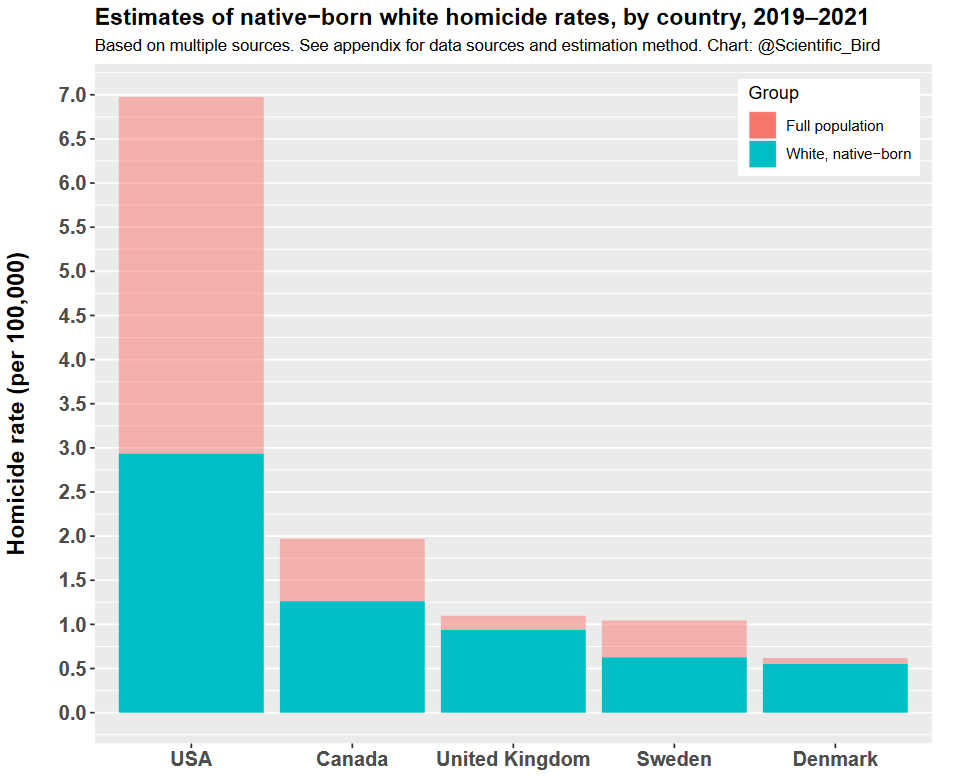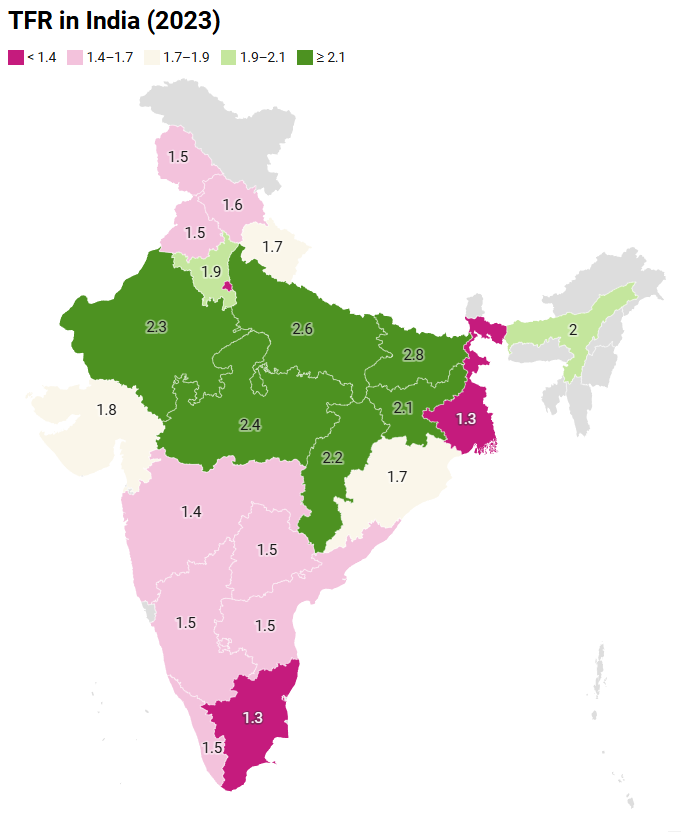Ask me questions 2 (paid subs)
And also a link collection and current projects
Back in February, I ran the first ask me questions post for paid subs. I guess it's time for another one. Hopefully, you guys have come up with some new science questions in the meantime (I didn't want to spam these paid subs content posts). Of course, I cannot look into everything in detail you could possibly ask about, especially not those things that good studies don't exist about. Nevertheless, I can try to provide some answers.
In other news:
"Pet owners often see dogs as soulmates and value them more than human lives", psychologists present evidence of the substitution effect. I will probably cover this study in detail, but there is probably some truth to it, though it probably isn't a root cause but part of the expanding circle of morality changes. Faithful history buff LiorLefineder reminds us that ~every demographic problem we have, the Romans also had (and failed to solve). Our recent study of pet preferences showed that liking dogs is apparently more pro-natalistic than cats, probably to the surprise of no one.
We are finishing up the next installment of the Admixture in the Americas, maybe for publication late this year or early next year. Back in 2016, we collected genetic ancestry data for all nations in the Americas (about 35) and many of their subnational divisions. We are repeating this study now with many more countries and better data. Sneak peak, European ('west Eurasian' to cover some edge cases) ancestry estimates for each unit we are studying:
We had a son! He is turning (grabs calculator) 30 days today.
NB. It is not fantastically easy to make babies smile and look at the camera, while also looking photogenic with little sleep. Relatedly, I also forbade my fiancée from getting any gets before children, so I guess she can go for it now, but only 1 per child!
I am finally finishing up that OKCupid interactions study. Basically, if you study random regression models and test for interactions, almost all of the p < .05 hits you get with a normal sample size like 200 people are false positives. Even when the p-value < 0.1% there are still a lot of false positives. Interaction effects are generally rare and small. On this note, I am running a replication of those eugenic religiousness/conservatism fertility interactions. Even 1000 people was far too low power, so I am getting more data.
Curious econ-ML paper shows that sometimes if you have overfit models to some dataset, the right approach is to... overfit them even more. Sounds crazy.
There's a lot of politics going on in the US, but I generally avoid The Current Thing topic. You may want to do the same.
Semi-relatedly, US homicide rates are still markedly elevated compared to Europe countries even if you only compare the Whites/European ancestry people in both.
India reaches sub-replacement fertility at rapid pace. Also shows the same regional dysgenics as every other country I've looked at (though again, beware of TFRs as true measures of cohort fertility rates).







Question on the polygenic score bit, triggered by the ancient Roman data.
Since PGS are made using modern samples and metrics and measurements, what is the possibility that an estimate of traits from ancient samples may be an underestimate of a trait simply due to a different combination of genes that are less common now contributing to a trait?
For example, we can take a modern PGS for IQ, but brains are complex and there is more than one way to acquire a trait (convergent evolution and the like). Could it be that there could be an undermeasurement of a trait simply due to missing a PGS for IQ that is normed using the ancient population, for whom we don't have direct test results, but might produce different PGS?
Or am I off, and evolution has not taken us far enough away from ancient people for this to be a possibility?
Thoughts on the carnivore diet?